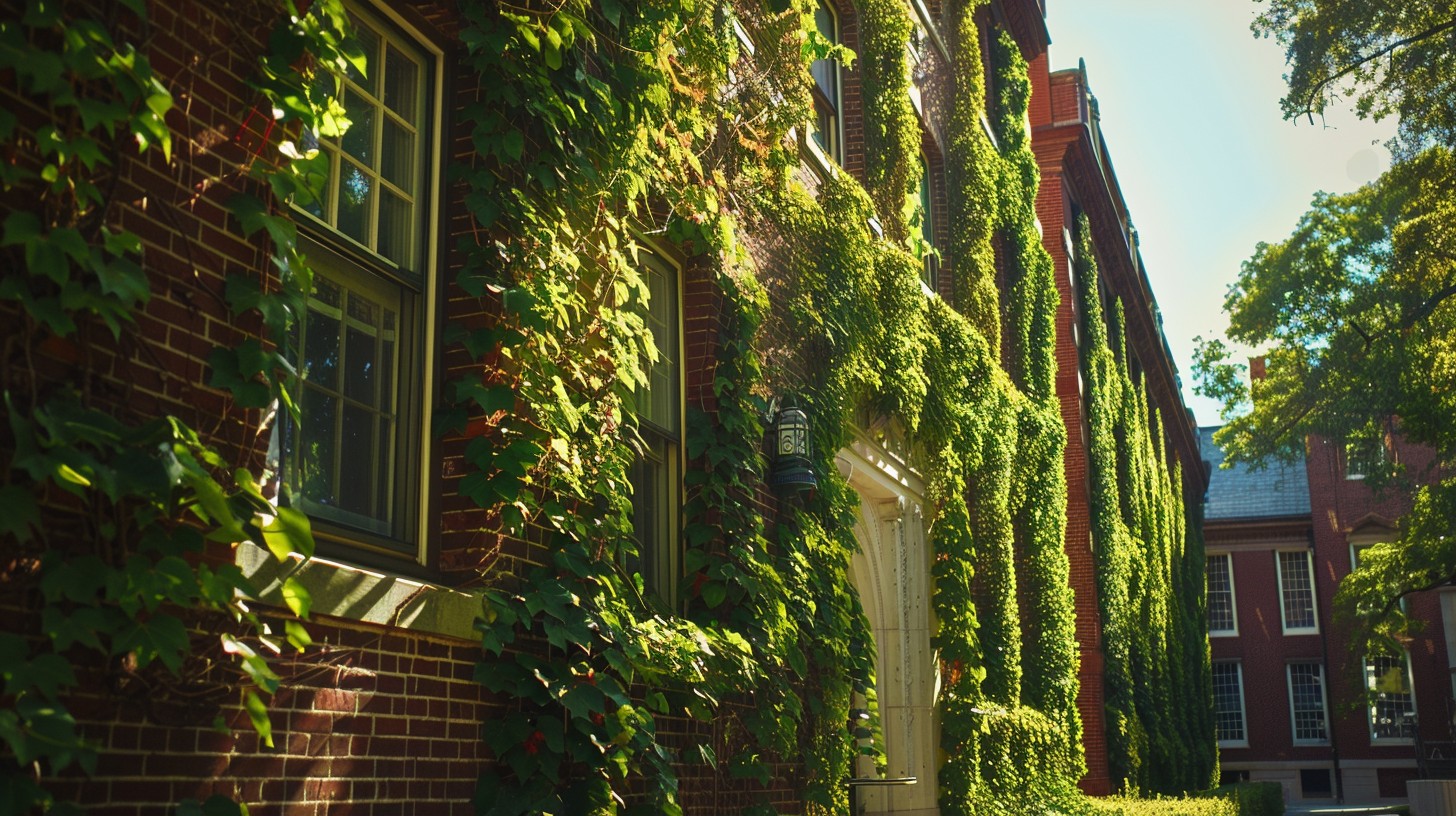For generations, the Ivy League universities have been regarded as the epitome of American higher education. These eight prestigious schools have consistently supplied employers with some of the nation’s most promising talent. Around one-third of U.S. presidents, the current Forbes 400 wealthiest Americans, and eight sitting Supreme Court justices are Ivy League alumni.
However, a change is occurring in how Ivy League schools—and their graduates—are viewed across the country. In a recent Forbes survey of nearly 300 subscribers to its Future of Work newsletter, three-fourths of whom hold direct hiring authority, 33% stated that they are less likely to hire Ivy League graduates compared to five years ago.
“The perception of what those graduates bring has changed,” says Jim Clark, who hires technologists at the architectural firm HNTB. “And I think it’s more related to what they’re actually teaching and what they walk away with.”
Interestingly, the survey found a contrasting view towards graduates from public universities and non-Ivy private colleges. 42% said they are more likely to hire public university grads, and 37% are more likely to hire those from non-Ivy private colleges than five years ago. Only about 5% indicated being less likely to hire from either group.
“Being able to put yourself in someone else’s shoes is really important,” says Laura Bier, a management consultant. “Kids who’ve been to a public school have had a broader diversity of friends and teachers from different backgrounds and are better able to be nimble in those situations.”
Responding to the shifting sentiments, Forbes has identified the “New Ivies” – 10 public universities and 10 rising private ones producing the intelligent, driven job candidates sought after by employers.
The article delves deeper into the reasons behind the changing perceptions and highlights the universities gaining favor with hiring managers. It suggests a potential erosion of the Ivy League’s long-held preeminence in the eyes of some employers.








